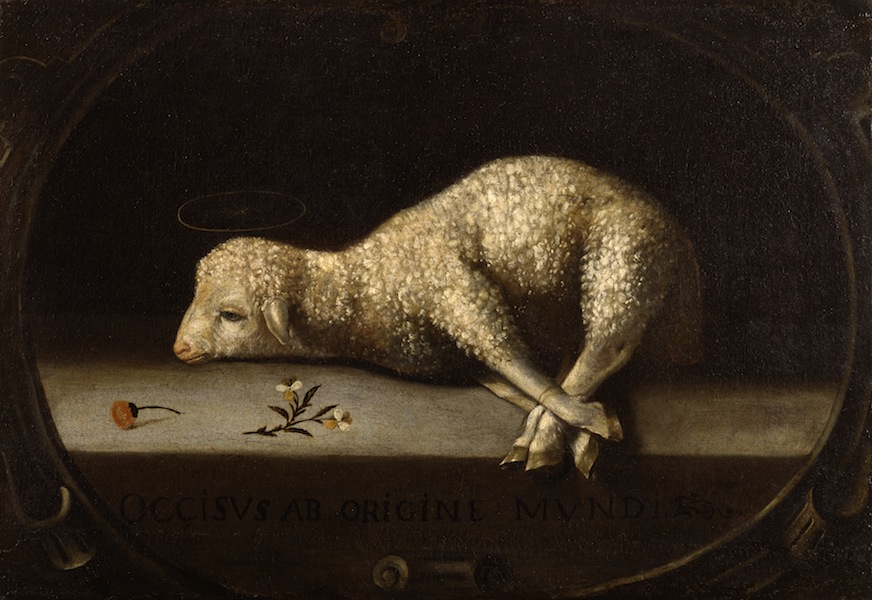Just go to youtube and type in Lutz bachstiftung. Listen to the cantatas, “new” ones being added every few weeks, az egyik gyönyörübb mint a másik, and listen to the workshops, and the remarkably gifted Lutz, as he conducts and as he plays and sings (all voices and all instruments) and explains its metaphorical relation to the text (scripture, poems, sermons).
Ironically, even paradoxically, this is all at odds with the primitive and repugnant truths I’m learning (or rather realizing what I already sensed) about what religions (false supernatural and superstitious cults, all) really are, from the 5 pages of nightly headway that I am making on Scholem’s 1000-page historical treatise on the “false” messiah.
All messiahs are false, and all their preachings are just hermeneutics — human logomancy vainly striving to “resolve” the blatant contradiction (“paradox”) between holy writ and reality with the inexhaustible resources of symbolism and symbolic interpretation.
Ironic, because that’s also what Bach was doing, sublimely.
I have no resolution, except that music, like all experience, is just feeling – feelings that have carried humans to great “heights” (high compared to what?) and also propelled their descent to the basest and vilest of depths – both symbolized and incarnated in the sacrificing of the real , suffering lamb to the false, fictional deities – barbaric, willful sadism that is then shamelessly appropriated as symbolic of the “martyrdom” of the messiah.
Yet I seem to be savoring Bach and Lutz as the epicure savors his mutton or the mystic his supernal communion…

